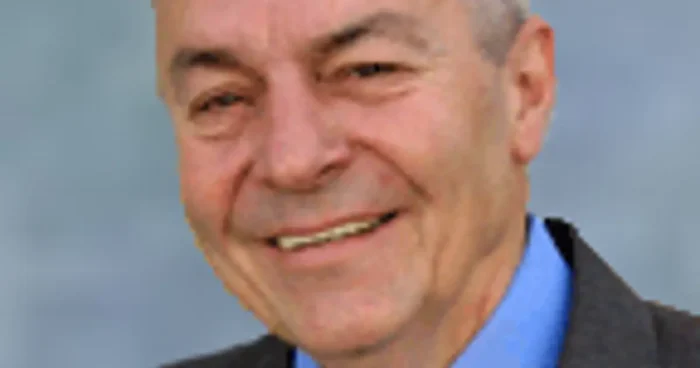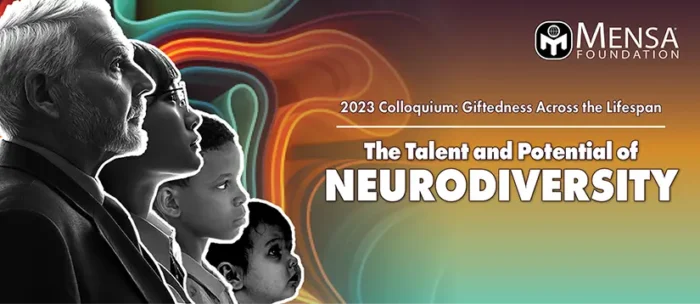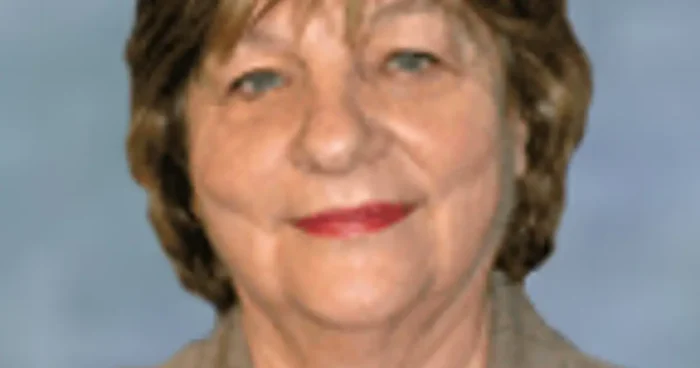I am honored to present the Mensa Foundation’s new Strategic Plan, approved by the Board of Trustees on Feb. 23.
This might not be evident from the relative brevity of the document, but believe it or not, this plan was four years in the making and took a lot of soul-searching.
Shortly before I became a Trustee in 2016, the Board made a strategic decision to invest in our development and seek greater funding — not only from Mensa members but also from nonmembers who would share an interest in our goals and the programs designed to achieve them. As newly hired Philanthropy Director John Thompson made initial contacts, he quickly found that most people didn’t know about the Mensa Foundation, and those who did weren’t entirely clear on its nature or intended purpose. And even some of our best supporters were familiar only with our Scholarship Program and maybe the Mensa Research Journal, not knowing about the free resources we offer on the Mensa for Kids website or other Foundation programs such as our gifted education fellowships and mini-grants.
At the Board’s first biennial retreat in 2018, we decided we needed to develop a new Strategic Plan that would appeal to both the Mensa community and those in the general public who place value on education and research in support of intelligence. To promote the Foundation to potential donors and partners, we first needed to define it better for ourselves. After studying the elements of strategic planning, we began with our vision, mission, and core values. We had working drafts by the next retreat in February 2020. Of course, that was just a month before a pandemic changed the world and led us to rethink everything.
Unable to meet face to face, we switched to more frequent videoconferences. These included special strategic planning sessions spearheaded by Foundation Vice President Deb Stone as well as brainstorming sessions that generated lots of ideas for creating new programs or enhancing existing ones. (Let me thank American Mensa Committee member Jon Gruebele for volunteering to facilitate some of those sessions.) Also, in late 2020, the Board added two energetic new Trustees, Nguyen Pham and Michelle Rakshys. We put them to work immediately on a thorough review of existing Foundation programs.
Meanwhile, we did some important housekeeping. Our Organizational Governance Committee undertook a full review of actions still in effect so we could update or sunset those that had become obsolete. And former Foundation President Marie Mayer led the search for a new Mensa Research Journal editor. She found a gem in Dr. Jeff Papa, who has already brought new ideas and energy to the MRJ.
In 2021, another key theme emerged in external scholarly literature: A greater awareness of the need to support intelligence and giftedness throughout the lifespan. This resonated with us as a way to identify gaps within our existing programs and opportunities for the Foundation to take the lead in filling them.
But even with all this, the most elusive element was a clearly defined identity for the Foundation. So, we sought an outside perspective from The Cause Agency, a market research firm specializing in nonprofit organizations. Their analysis, both qualitative and quantitative, reinforced our awareness that people conflated the Mensa Foundation with American Mensa. This led us to add a Statement of Scope, defining the Foundation as a distinct but complementary organization that helps address two of the three stated purposes of all Mensa organizations.
One of the biggest differences between the Mensa Foundation and American Mensa (or Mensa International) is that almost all our programs and resources are available to bright people among the general public, regardless of Mensa qualification or membership status. This also puts the Foundation in a position to be a welcoming gateway into the Mensa community.
All the elements described have helped us distill an ocean of details into a clearer picture of who we are and what we want to accomplish. You can see in our Strategic Priorities that we want to develop and/or enhance positive, impactful programs to help intelligent and gifted individuals and celebrate their intelligence with resources and recognition. To make that happen, we need to make more people aware of what the Mensa Foundation is and develop the partnerships and funding it will take to make a greater difference.
So, you might ask, what happens next? Here is what we have in the works for the next year:
* * *
While we keep working on the strategic pieces, our dedicated and hardworking staff — Foundation Director Jill Beckham, the aforementioned Philanthropy Director John “JT” Thompson, and Executive Director Trevor Mitchell — get to figure out the operational details as we go forward.
My fellow Trustees and I are genuinely excited about the Foundation’s future. We welcome you to be part of the process — as volunteers, donors, or general advocates for the Mensa Foundation.
- Reevaluate existing programs, combining information from the program review described above with findings from The Cause Agency and additional details from Foundation staff. To ensure that all our programs are truly impactful, determine whether each one should be expanded, maintained, redesigned, or sunsetted.
- Identify more clearly the gaps in our programs where certain age groups or aspects of intelligence are not currently served and the most promising ways to address them.
- Further refine our identity in preparation for a branding campaign and marketing/communication plan.
- Deepen our understanding of what development is, beyond simply fundraising, to make all this possible.
- Determine what our volunteer structure and staffing model/needs should look like going forward to achieve these more ambitious objectives.










Comments (0)